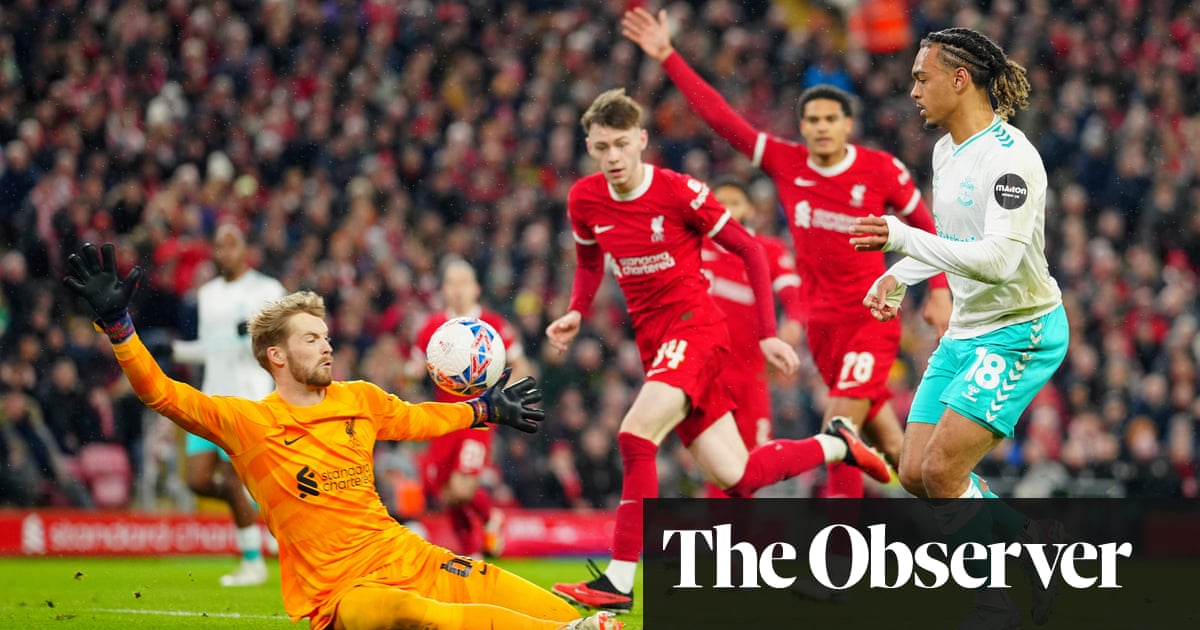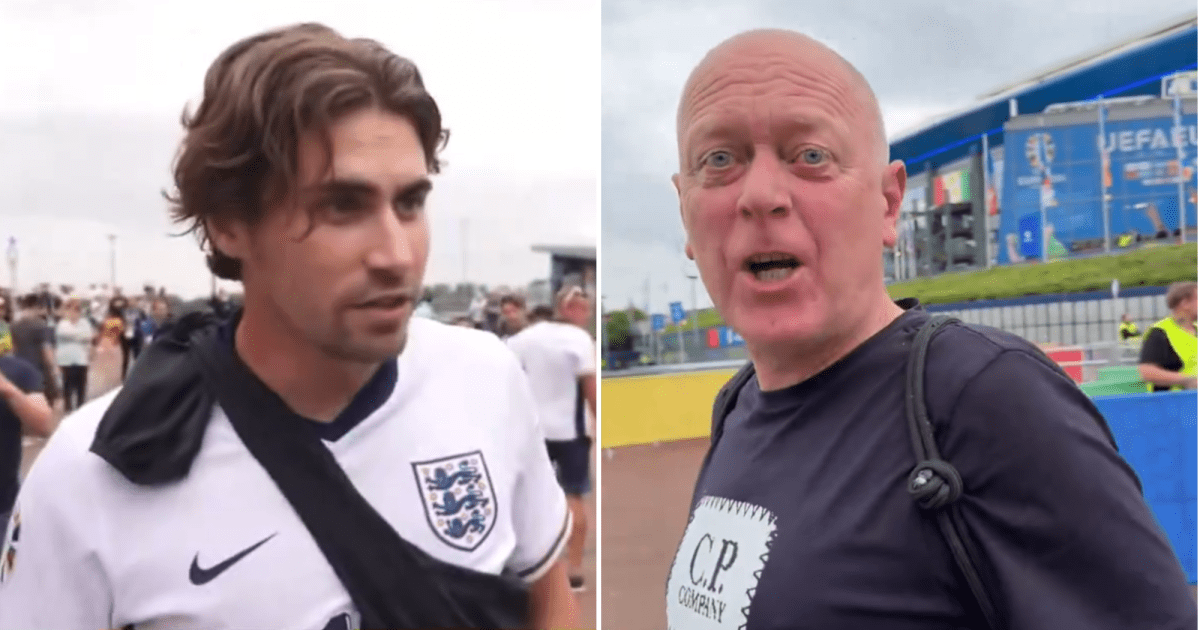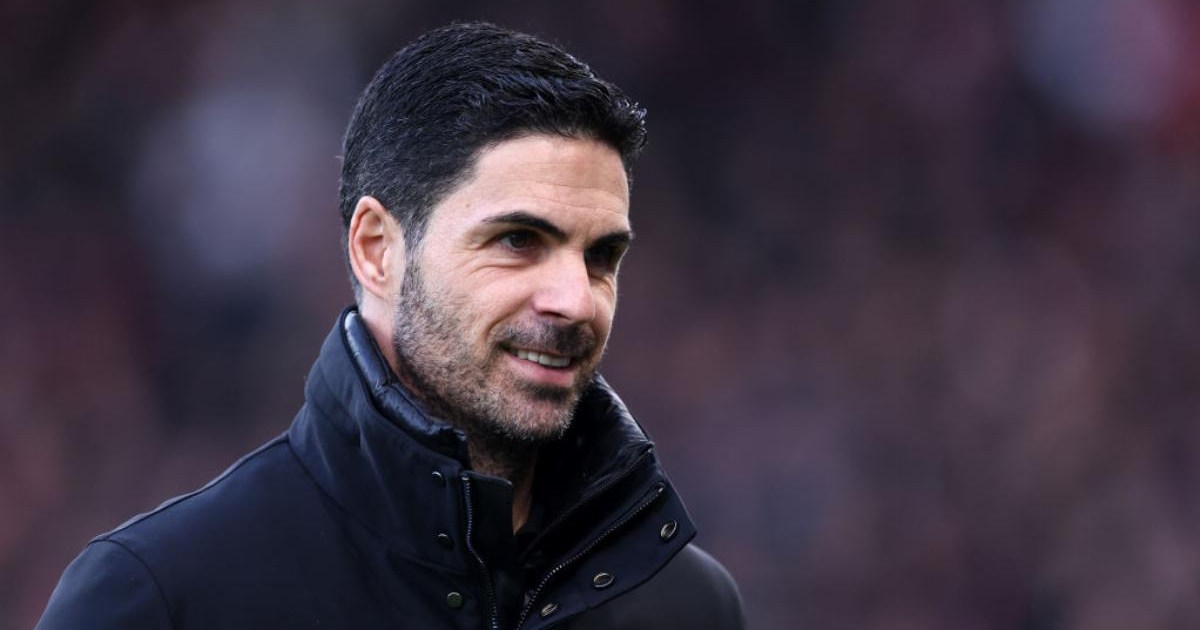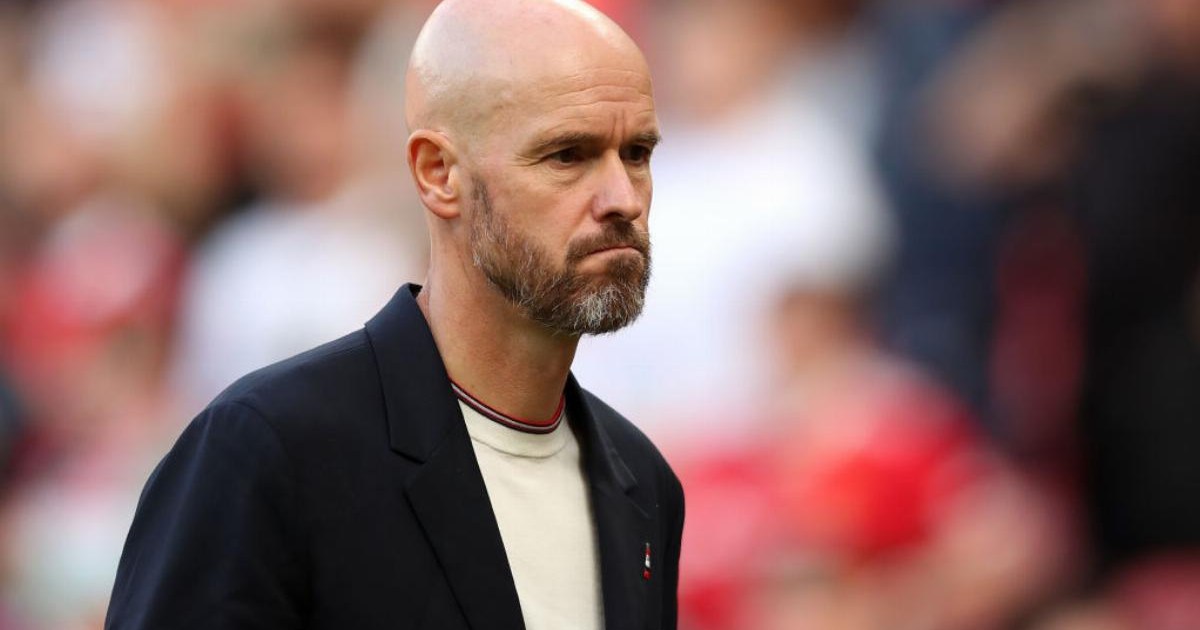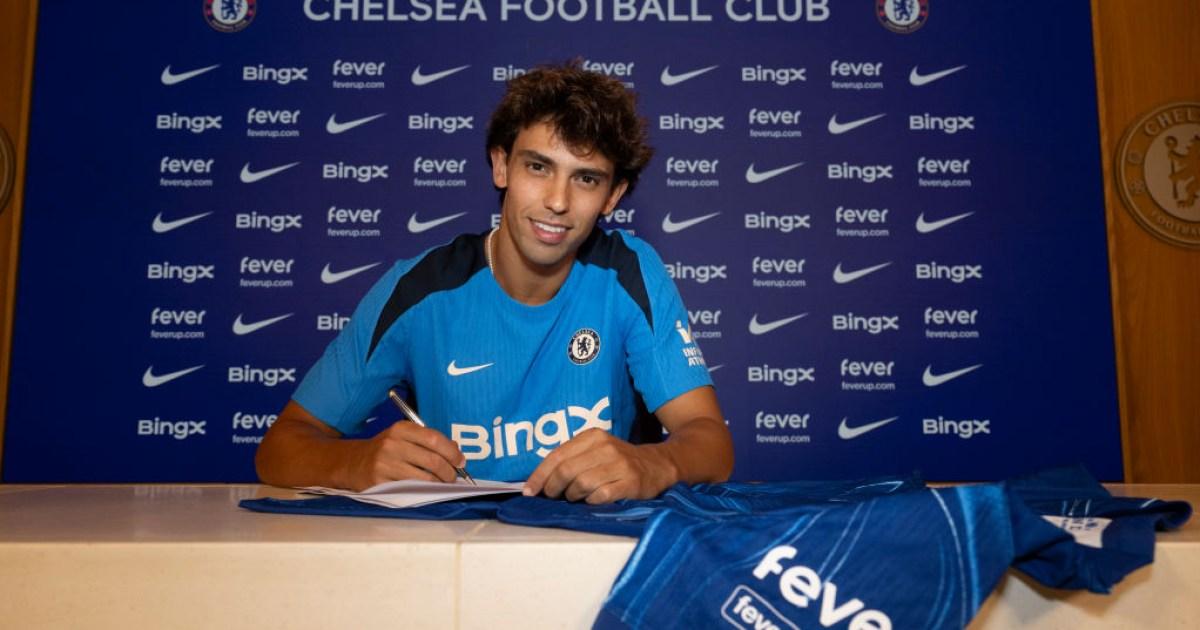Sunday will be a momentous occasion for Caoimhín Kelleher because at the age of 25 he will make his 12th Premier League appearance for Liverpool when Manchester City visit in a vital clash in the title race, surpassing his 11 international caps for the Republic of Ireland.
Being a second-choice goalkeeper can be a curious business, training all week in the full knowledge that whatever tactical tweaks can be made to a team, the manager is unlikely to select two between the posts, nor do your competitors often require rest and rotation. For most professional footballers 25 is when a player starts to hit their peak but for Kelleher things are finally starting to get going at Anfield.
Patience and mentality are key for an understudy, needing to wait for a chance whether it comes via injury or a lack of form. Alisson’s hamstring has allowed Kelleher to start seven straight matches, winning each one and lifting the Carabao Cup in the process.
Apart from a start at Stamford Bridge more than two years ago, Kelleher’s Premier League appearances have come against lesser lights; the magnitude of City’s visit will bring a heightened level of pressure and scrutiny. Jürgen Klopp’s faith in Kelleher is unwavering: he called him the best second-choice goalkeeper in the world after the defeat of Chelsea at Wembley, while his captain, Virgil van Dijk, described his teammate as a “world-class goalkeeper”. Few backups are given such adulation.
There have already been 19 Liverpool appearances in all competitions this season, making it the busiest of Kelleher’s career. Having made his debut almost five years ago, it is surprising to many that in the intervening period he has not left either temporarily or permanently in order to advance. There were overtures in the summer for the Irish international but Kelleher remained on Merseyside.
One reason that might explain Kelleher’s desire to stay for the long term is the fact he was brought up as a diehard Liverpool fan in Cork. Originally the dream was to emulate Fernando Torres or Luis Suárez, playing as a striker, before he converted as a teenager and quickly built a reputation that caught glances in England. The formative years might explain his clinical penalty in the 2022 Carabao Cup final that helped clinch the trophy and show that he is capable of dealing with high-pressure moments.
Kelleher made a number of key saves to ensure the match went to a shootout that day. Despite his efforts, he was soon reminded what the job of the second-choice goalkeeper is, not appearing in the first team again for nine months. There were equally impressive moments on Thursday with two fine reflex saves to keep Liverpool a goal up on Sparta Prague. Wembley and the Czech capital can be intimidating places but Kelleher knows how to shut out the noise, which could be advantageous on Sunday.
The goalkeeper is making up for lost time. His shot-stopping is almost natural but he has needed to put in plenty of hard work with regards to coming for crosses, which is paying dividends, having taken guidance from Alisson. Being able to end an attack quickly and alleviate pressure is a great skill. Defenders enjoy playing in front of someone who can command the box and make their jobs easier, and a goalkeeper’s confidence can spread to an entire team.
after newsletter promotion
Amid all the injury uncertainty, giving Klopp plenty to ponder, being able to rely on Kelleher offers peace of mind in a crucial period. Many clubs fear that not playing games can hamper development and, although training at an elite level, that an individual may not be progressing because matches are where the significant learning process takes place. This is one reason those who expressed an interest in acquiring Kelleher last summer did not follow it up with a concrete offer, opting for players with greater time on the pitch. If he feels he needs to leave in the summer for greater opportunities, clubs are unlikely to pass on him this time and the extended taste of first-team football may make him less reluctant to depart.
Somehow Kelleher seems unfazed by dipping in and out of the team when required, offering the same levels of performance and never looking unprepared. Many back-up goalkeepers struggle with the idea of playing once in months, especially considering there is no reserve football to keep them sharp, making the prospect of being thrown into battle in critical situations an unnerving one. In his first Premier League appearance against Fulham in December there was a degree of shakiness in his first minutes but he quickly grew into the role.
Life as a goalkeeper is tough, often remembered more for mistakes than saves. Athleticism and reflexes are naturally imperative skills but what often separates the elite from their inferiors is mentality and focus. It could be down to the world’s best number two to ensure Liverpool do not end up with the same status come the end of the season.
